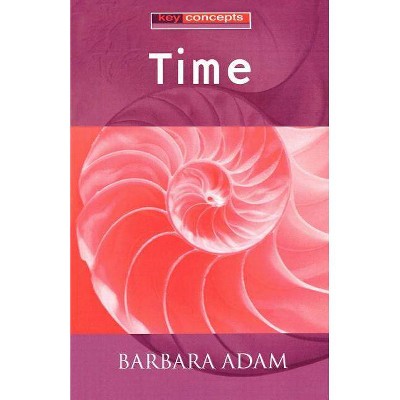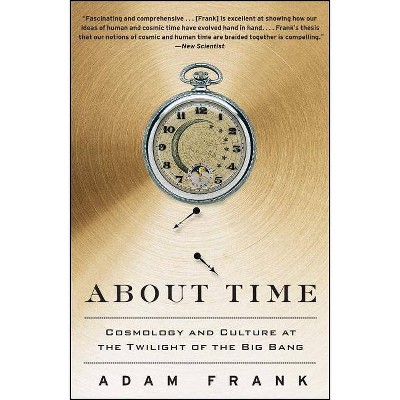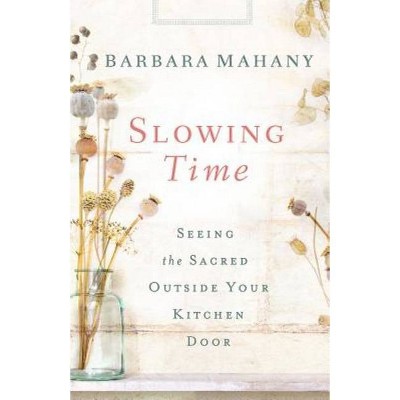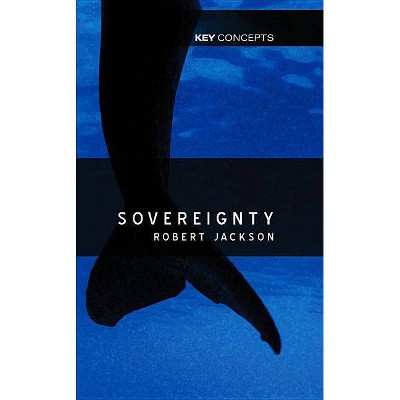Time - (Key Concepts) by Barbara Adam (Paperback)

Similar Products
Products of same category from the store
AllProduct info
<p/><br></br><p><b> Book Synopsis </b></p></br></br>What is time? How has our relationship to time changed through history and how does time structure our social lives? <br /> <p><br /> </p> <p>In this lively introduction, Barbara Adam explores the changing ways in which time has been understood and how this knowledge is embedded in cultural practices. She takes the reader on a journey of discovery that extends from ancient mythology and classical philosophy to the contemporary social world of high-speed computer networks and globalized social relations.<br /> </p> <p>The book poses key questions about the nature of time, how it is conceptualized, what it means in practice and how the parameters set by nature have been transcended across the ages by the human quest for time know-how and control. It provides the reader with a good basis for understanding the role of time in contemporary social life.<br /> </p> <p><br /> </p> <p>This book assumes no previous knowledge. Through its broad perspective and transdisciplinary approach it provides an accessible and wide-ranging introduction for students and teachers across the social sciences.</p><p/><br></br><p><b> From the Back Cover </b></p></br></br>What is time? How has our relationship to time changed through history and how does time structure our social lives? <br /> <p><br /> </p> <p>In this lively introduction, Barbara Adam explores the changing ways in which time has been understood and how this knowledge is embedded in cultural practices. She takes the reader on a journey of discovery that extends from ancient mythology and classical philosophy to the contemporary social world of high-speed computer networks and globalized social relations. The book poses key questions about the nature of time, how it is conceptualized, what it means in practice and how the parameters set by nature have been transcended across the ages by the human quest for time know-how and control. It provides the reader with a good basis for understanding the role of time in contemporary social life.<br /> </p> <p><br /> </p> <p>This book assumes no previous knowledge. Through its broad perspective and transdisciplinary approach it provides an accessible and wide-ranging introduction for students and teachers across the social sciences.</p><p/><br></br><p><b> Review Quotes </b></p></br></br><br>"Read a few paragraphs and your mind is racing onto other themes, examples and questions. The book can be used in a variety of different ways and the reader is fortunate that Barbara Adam has not lost her gift for bringing a sense of urgency and excitement to the topic."<br /> <b><i>Sociology</i></b> <p>"An obvious candidate to be the book which anyone should read if they want an overview of the field, but it will also offers fresh insights to those who have already made their own temporal investigations ... it is a delight to me to see the full flowering of such a persistent and imaginative scholar."<br /> <b><i>British Journal of Sociology</i></b></p> <p>"The path it traces through the history of human thought about time is illuminating."<br /> <i><b>Kronoscope</b></i></p> <p>"This is a very wide-ranging and erudite examination of countless notions of time throughout history. Barbara Adam sets out a whole new agenda for 'time' analysis."<br /> <b>John Urry, <i>University of Lancaster</i><br /> </b><b><br /> </b>"In a book grounded in top-notch scholarship, Barbara Adam traces how time has been viewed and lived through history and civilization."<br /> <b>Ronald Purser, <i>San Francisco State University</i></b></p><br><p/><br></br><p><b> About the Author </b></p></br></br><b>Barbara Adam</b> is Professor of Sociology at Cardiff University.
Price History
Price Archive shows prices from various stores, lets you see history and find the cheapest. There is no actual sale on the website. For all support, inquiry and suggestion messagescommunication@pricearchive.us


















